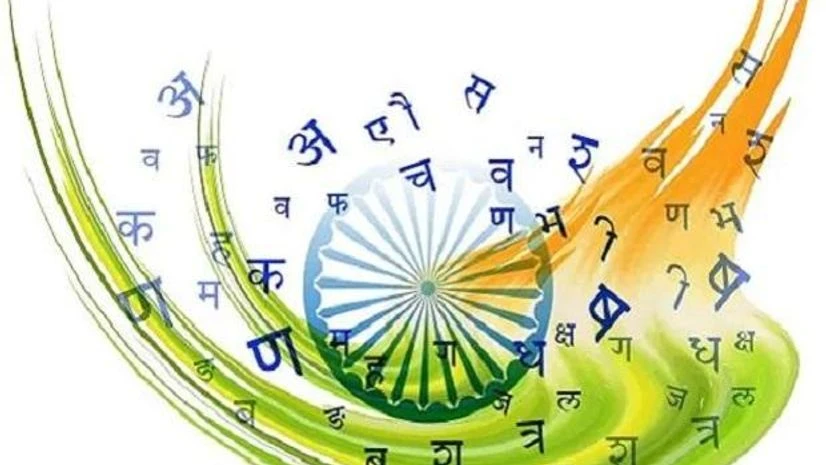Media is the fourth pillar of a democracy and it’s through journalism that the masses can have access to the information regarding the happenings of the state. Journalists work constantly to guarantee that we get fresh insights about every development as quickly as possible.
A newspaper, a TV channel, and in the current times, social media hold the ability to make or change an opinion. Journalism is incredibly powerful and assists us with developing our perspective on specific things.
Hindi journalism or vernacular journalism has empowered individuals to be aware of current affairs in the language they are comfortable in. This has promoted spread of information at each doorstep of the country.
Hindi Journalism Day 2024: History
Udant Martand was the first Hindi newspaper to be published in India. During that time, India was under British rule. Udant Martand was published in Calcutta. The date of publication was May 30, 1826. Hindi journalism has existed in the country for around 198 years.
On May 30, 2024, Hindi Journalism Day will be observed to commemorate the start of Hindi journalism and the journalists who work constantly to give right information to the citizens of the country.
What is the importance of the Hindi Journalism Day?
Hindi journalism empowered the common man who did not know English with news and information at his doorstep. It assisted people with consuming information and growing an informed opinion on things. This is the day to pay respect to journalists who work in Hindi journalism and add to the distribution of right information.
Hindi Journalism Day: 5 Amazing facts
• Pandit Jugal Kishore Shukla was the editor who began the paper, Udant Martand. He originally belonged to Kanpur, who later settled in Calcutta.
More From This Section
• The start of the paper began on a weekly basis with 500 copies.
• This paper was the first-ever newspaper totally written in Hindi utilising the Devanagari script.
• Udant Martand workers had a blend of Khari Boli and Braj Bhasha dialects of Hindi.
• Afterwards, the newspaper stopped its operations because of financial reasons, but led to the dawn of Hindi journalism in India.

)
